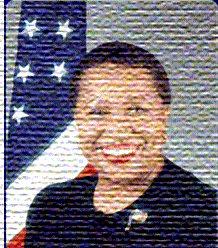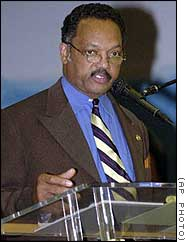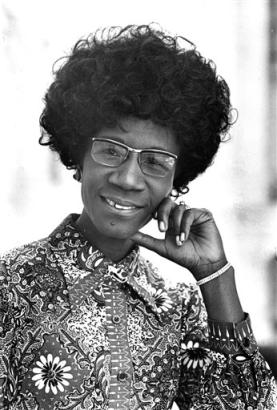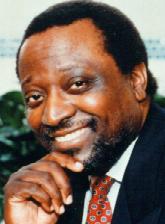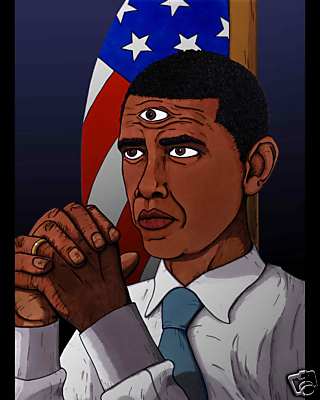“Although the Labor Party has developed a new configuration of tactical alliances since January 1974, “it is nonsense to argue that the party’s outlook or method have changed over the period of its existence. Developed to greater richness, yes; changed in any essential feature, no.” unsigned article in the Oct. 1, 1979, edition of New Solidarity
Larouchite commented thusly here: People who oppose LaRouche rarely (never?) do so from an opposition tohis philosophy. They usually either ridicule his philosophicalstatements because they sound strange or unorthodox, or, like Chip Berlet, they seem to believe that LaRouche has no real philosophy, just positions of the moment designed to appeal to a proto-fascist constituency.
Actually I’ve found that LaRouche’s critics, not necessarily in popular culture where I will join in the general chorus of smirkers but in anyone who decides to take it up to look into — including Dennis King– have indeed pierced and analyzed LaRouche’s philosophy. It is never an analysis that Scott or any LaRouche likes or approves of, but it is legitimate. And it is the only way one can tie the seemingly disparate political incarnations of Larouche, who has touched down all over the political spectrum. I, in a real sense, would have to disagree with Chip Bertlet.
Recognize, for instance, that LaRouche has consistently from the very beginning been very puritanical and rejecting of any and all things approaching the “sex, drugs, and rock and roll” ethos, and this includes Jazz — which was, after all, a CIA funded plot to destroy the blacks.
As a Marxist, he could project this out as a battle against the bourgeoise forces who wish to divert the working class (and more clearly the educated class who are to guide the working class) from the Revolution. The anti-drug and sex message held a certain appeal to would be Marxist revolutionaries looking ascance at the excesses of their generation, and conveniently sitting themselves up as the Vanguard. As he slid into the alliances with the Right wing and on to the ascension of the Reagan Revolution and the “Moral Majority”, this was easily transferable to Satanic and Secular forces kicking apart our Judeo-Christian values, as per that EIR Education Special I’ve brought up already which essentially shadows the concerns of the Heritage Foundation (before kicking the Heritage Foundation off as part of the conspiracy). This anti-60s backlash continues on today, where “Baby-boomers” is a LaRouchian slur, the better to allow the “LYM”ers to rebel against their parents.
The matter of infrastuture building and industrial development, without any heeding to environmental consequences which he has from the very beginning mocked and at has his “Technology Organs” spewing forth in favor of Industry against any environmental regulation to a degree that would make the Competitive Enterprise Institute blush — oh so very entropic! oh so very entropic!– folllowed through the same surface-level ideological shift. We go from a particular explanation of Marxism which demands the unlimited growth of the human imagination to battling Carter’s “Austerity Measures” and organizing the “Whig Coalition” to the justification for Regan’s SDI program under the rubric of a Nationalistic Vision of American Greatness and on to the “FDR Democrat” model he is at today which apes the Tommy Franks “Populist Democrat” model.
Undergirding this is some lessons from Philosophy 101: Plato verus Aristotle. Order versus Chaos (which gets to why he rejects empericism). Choral Singing versus Rock and Roll.
Never trust a Revolution that makes no allowances for diversions.
Choral Singing. The Importance of Choral Singing, as said by someone completely unassociated with Lyndon LaRouche:
The fact that choral singing is a communal activity is especially significant today when we increasingly rely on Internet-based communications, rather than face-to-face interaction. Several recent studies have shown a significant decline in civic engagement in our communities. Robert Putnam, Harvard’s Kennedy School of Government scholar (best known for his book, Bowling Alone) asserts that the significance of choral singing goes beyond music making, and even beyond the arts. He sees group performing as contributing directly to the social trust and reciprocity that is the basis of civic engagement. His work shows that the mere existence of choral groups helps foster America’s democratic culture (see his website, www.BowlingAlone.com).
Chorus America’s study found that choral singers are far more likely to be involved in charity work, as volunteers and as donors (76 percent), than the average person (44 percent according to a 2001 report by Independent Sector). Choral singers are also more than twice as likely as non-participants to be aware of current events and involved in the political process. They are also twice as likely as the general public to be major consumers of other arts – and not just music.
The study explored the depth of feeling that participants had about their choral experience, with many reporting that the requirements of choral singing – discipline, attention to detail, teamwork, and the social value of the experience – combine to improve their daily lives, in both their work and in family relationships. Many choristers testified to the degree to which their choral singing made them more aware of other people’s life experiences, helping them to bridge social gaps. “That connection with people exposes me to ideas…that aren’t otherwise available,” one respondent said. Another chorister said of fellow singers, “These people, whom I love dearly, are politically or religiously very different from me.” Seventy-four percent said they “agreed strongly” that choral participation had helped them develop new friendships.
You do realize you don’t need to work for Lyndon LaRouche to join a chorus, don’t you?

